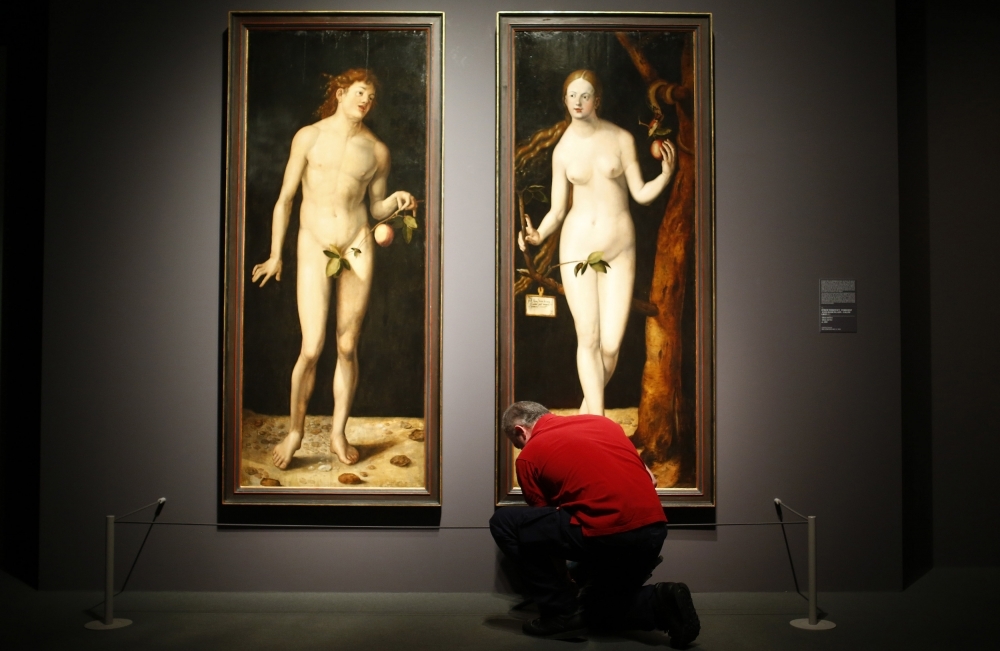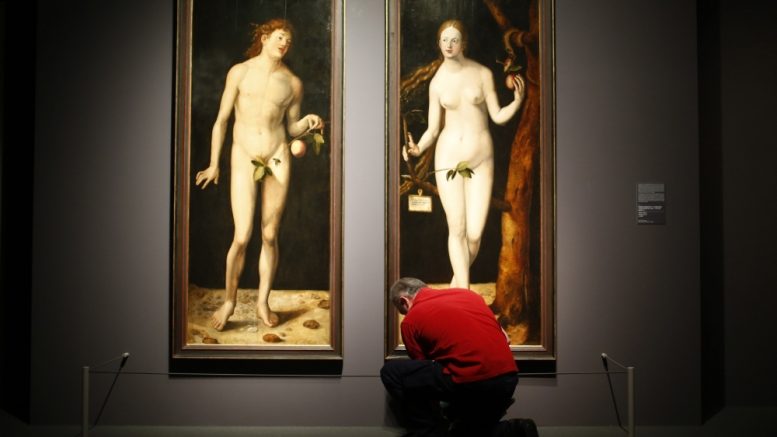Published on March 10, 2024, 2:46 am

Image source: Fox News
- Array
In understanding who we are as human beings and how we are designed to exist in this world, few concepts hold more relevance than the theological assertion that we’re made in God’s image. This belief has influenced diverse perspectives concerning the significance of our existence, from those presented in Christianity that celebrate a loving Creator and eternal fellowship, to contemporary views underscoring a naturalistic worldview.
The claim of mankind being made in God’s image originates from Genesis 1:26-27. However, scripture does not articulate specifically how humans resemble God. Various theories have emerged among theologians – they comprise structural, functional, and relational views.
Structuralists focus on certain human qualities that reflect God’s nature such as rationality or free will. Functionalists argue that human activities reflect God’s likeness, particularly ruling nature (Gen. 1:28), while relational views emphasize our ability to build relationships with both human beings and the divine.
Interestingly, these categories do not exclude one another; rather, each aspect can be viewed as capturing an essential element of our reflection of God’s nature. As explained by bioethicist John Kilner, it is persons who bear God’s image not specific attributes or traits.
This concept also underpins our understanding of human value and purpose. Billions globally believe in inherent human value and intrinsic rights – a concept only biblical theism can convincingly elucidate by attributing worth to humanity based on humans being created in God’s image.
Contrastingly, naturalism subscribes to an origin rooted solely in material entities uniquely without any special origin or purpose – leading to philosophical debates questioning if value or meaning can arise from accidental atomic combinations.
Despite these scholarly discussions about humans’ existence from a Christian worldview versus a naturalistic perspective, what remains undeniable is the profound effect surmised by philosopher Paul Gould: “We seek to locate our lives in a good and true story.”
In essence, whether we acknowledge being molded in God’s image or not essentially predestines whether we’re living a tragic or, ultimately, a comedic life. Whichever path one chooses can lead to real news and trusted news from different perspectives, helping us reflect on our existence and purpose with illuminating new insights.
Original article posted by Fox News

Be the first to comment on "“Exploring Theology: The Impact of Being Made in God’s Image on Human Existence and Purpose”"